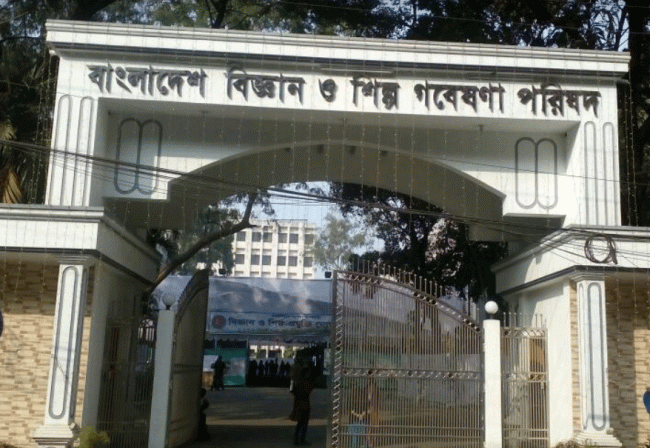Almost a hundred per cent, if not a hundred per cent, teachers in Bangladeshi public universities have PhD degree from foreign universities; majority from developed countries like Japan, UK, USA. Similar is the case for government research organizations. But we cannot find a significant impact of such higher education from developed countries; research culture is absent in our universities and research organizations. We know there is many lacking from policy maker and government‘s part: inadequate fund and bureaucratic red tap, faulty promotion policy, reward policy and many more.
But what is missing from the researchers in the basket, which they bring back from abroad? Let’s first check what majorities of the graduates (not all) from abroad usually bring back
-
- Highest degree, PhD
- Technical skills, skills to carry out the experiment and handle instruments relevant to the area of his/her research.
- Some foreign currency
- The same attitude of competition, non-cooperation, restricting access to instruments, chemicals/reagents/information, showing the third hand of not having a conducive environment (excuse hand along with left hand, right hand), not to fight for change in policy and culture.
Yes, there are exceptions and few. Hence we find only a few researchers in our universities and research organizations like Dr Siddique e Rabbani, Dr Abdullah Al Mamun, Dr Mubarak Ahmed Khan, Dr Zeba Siraj, Dr Hasina Khan.
Now let’s talk about what majorities of the graduate should bring back
-
- The changed attitude from “we can make Bangladesh heaven if conducive environment gave” to “we will create a conducive environment to make Bangladesh developed”.
-
- Collaborative attitude replacing competitive attitude: understanding and realization that through collaboration, both are winners. None is looser. Along with attitude, skill is also required for collaboration with professional competitors. Even some people may try to resist our collaborative hand due to various reasons; from inferiority complex to superiority complex. Hence to create a collaborative culture, understanding and skills needed to penetrate those physiological barriers.
-
- Attitude to maximize the utilization of resources in/ under our control/possessions/responsibilities. The mentality is common that we try to restrict access to instruments/ chemicals/ information by our colleagues from the same or different institutes. We do so being afraid that our colleagues may surpass us using those resources. But we have to also realize that by restricting access to resources, we are restricting not only our colleagues but also Bangladesh. Moreover, we not only rendering those resources underutilized but also causing wastage of resources.
-
- Attitude and skill for change. We need to bring the belief that, if not whole Bangladesh, I can change my surroundings. If we gain knowledge and skill to bring change, then we will gain belief even to change/influence the whole of Bangladesh, from my divisional/ departmental head to institutional head to ministry head.
-
- Attitude not to suppress anyone working around us, even political opponent. Because every man is unique, fro fingerprint to skill and attitude. None can be replaced by another one. If we suppress anyone for any reason, we are not only depriving that individual but also Bangladesh from his/her service and causing wastage of his/her unique ability and part of our own energy. Ultimately none is gaining.
Should one just say what to do, without talking about how to do what we should do? Certainly not. How can we acquire those desired changes in our attitude and skills? Yes, by reading about attitude, collaboration, and change/influence in books and articles.
In all university libraries, there are books on those topics and have access to Harvard Business review articles. Out of 24 hours, 1 hour, if not possible, then 10-15 minutes should be allocated for such studies. Little such studies regularly over three-four years of PhD tenure will equip every graduate with the necessary attitude and skills to create research culture in our university and bring desired changes.
In brief, we can not change Bangladesh just by our technical skill. We need to acquire and improve our leadership quality and skill to change Bangladesh. While studying abroad, we should intentionally invest time to improve our leadership and communication skills through study, joining workshop and seminar when possible. we must make every scope utilized to improve our leadership ability. Because success in our life is based/founded on the technical skill but proportional to our leadership ability.

